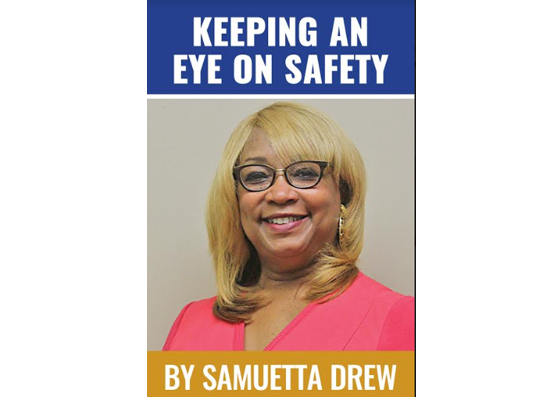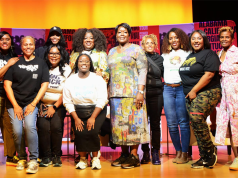By Samuetta Hill Drew
While some Americans are contemplating whether to receive one of the federal drug administrations (FDA) approved COVID-19 vaccines – Pfizer-BioNTech, Moderna and Johnson & Johnson’s Janssen, others are beginning to receive their booster shots this fall. The Centers for Disease Control and Prevention (CDC) reports that as of Aug. 26, 2021, a total of 365,767,674 COVID-19 vaccine doses have been administered in the United States.
The CDC, reports that nationally, 92,937,751 citizens ages 12 and older received both doses of the Pfizer-BioNTech vaccine, 65,087,379 the Moderna vaccine, 14,049,623 the J & J/Janssen single dose vaccine and 96,256 have received two vaccine doses that are unknown. This equates to 60.7 percent of fully vaccinated people 12 years of age and older, 62.8 percent 18 years and older and 81.4 percent ages 65 years and older.
The Mayo Clinic lists fully vaccinated Americans by state. This report shows a low percentage rate of fully vaccinated citizens in Alabama in comparison to some other states. Only 11.6 percent of eligible Alabamians 18 years of age and younger are fully vaccinated, 61.3 percent of those between 18 and 24 years of age, 64.6 percent ages 25-39, 73.6 of those ages 40-49, 81.5 percent for those ages 50-64, 95.0 percent ages 65-74 and 89.7 percent ages 75 years and older.
So, who in these percentages is eligible for the booster shots? It varies based upon what health and vaccine category one falls into, but before we discuss who is eligible let’s get a clear understanding of the differences between the second dose in the two dose COVID-19 vaccine series and the booster shot.
The CDC tells us that there are two distinct roles of an additional dose:
• Additional dose after an initial primary vaccine series – the administration of an additional (second) vaccine dose when the initial (first) initial immune response following a primary (first) vaccine series is likely to be insufficient. The second vaccine dose increases the total effectiveness of the vaccine from deaths and hospitalizations.
• Booster dose – a dose of vaccine administered when the initial sufficient immune response to a primary vaccine series (both doses of the Pfizer-BioNTech, Moderna) is likely to have waned or weakened over time. Note the J & J/Janssen is being researched currently.
Sometimes people who are moderately to severely immunocompromised do not build enough (or any) protection when they first get a vaccination. When this happens, getting another dose of the vaccine can sometimes help them build more protection against the disease. This appears to be the case for some immunocompromised people and COVID-19 vaccines.
The CDC recommends moderately to severely immunocompromised people consider receiving an additional (third) dose of an mRNA COVID-19 vaccine (Pfizer-BioNTech or Moderna) at least 28 days after the completion of the initial two-dose mRNA COVID-19 vaccine series.
Next week’s article will outline more information on how to Keep an Eye on Safety regarding booster shots.




